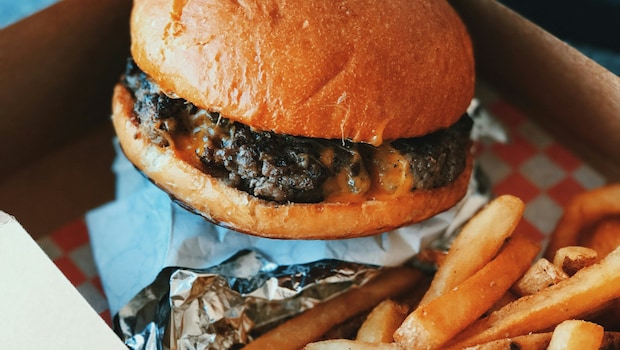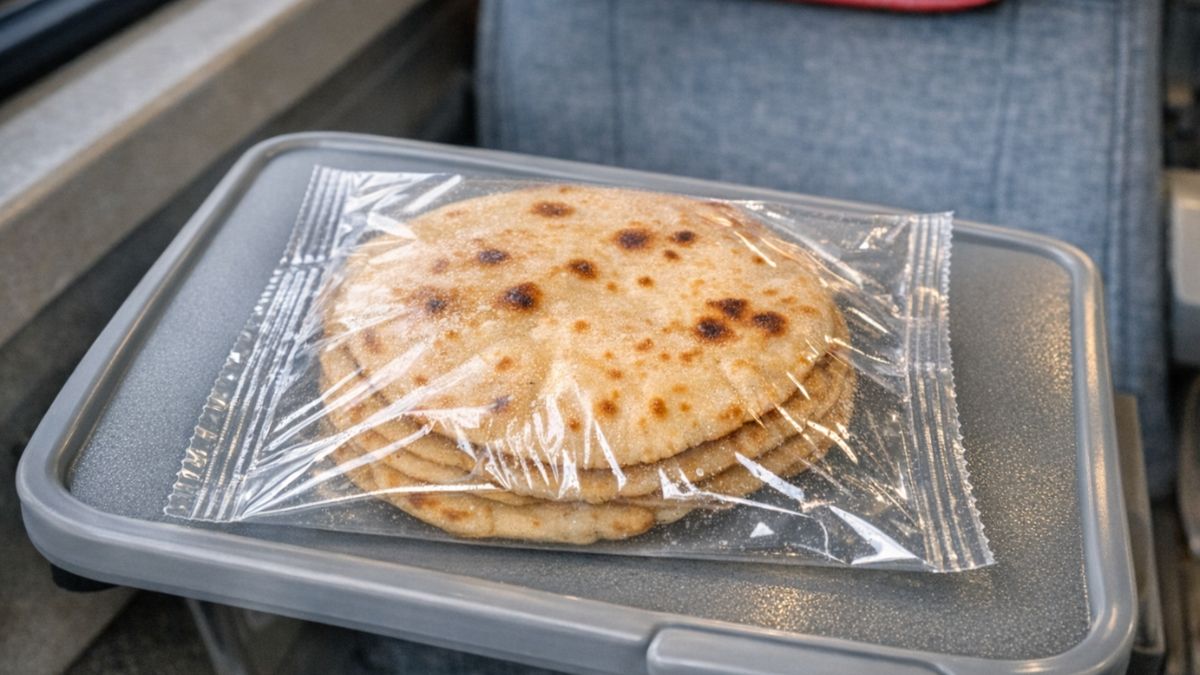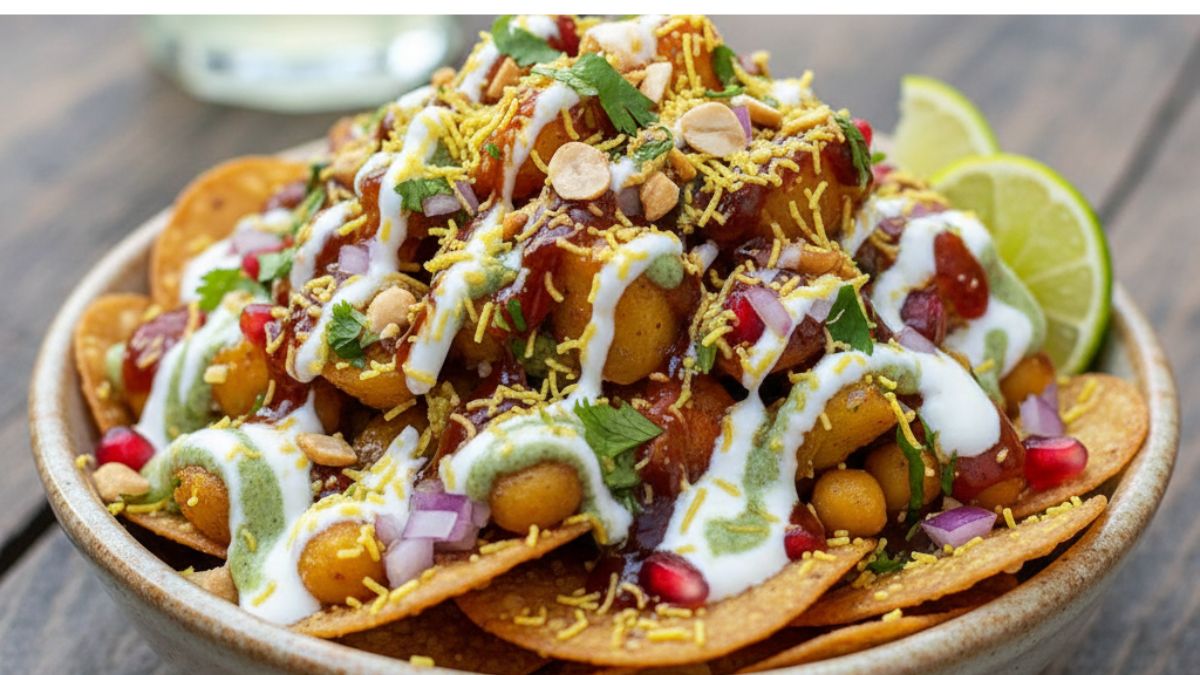Every day, I plan to eat healthily, and every evening, I fail. Why? I blame my route home from the office. If you commute daily by metro like me and thousands of other office-goers, you will be well acquainted with the irresistible aroma of burgers and sweet corn pulling you towards those tiny street stalls. Along with the shiny packets of chips and cold drinks dazzling in front of us, it makes our stomachs growl even louder. So, I give in. And why should I not? After a long day at work, what is wrong with eating a bite or two of something tasty? Right? Not quite.
The 4 PM samosa? Just a metaphor. For you, it could be a jalebi, a kachori, a leftover slice of cake, or whatever sweet-salty snack your brain romanticises after lunch. Cravings are not just hunger - they are the urge to eat something high in salt, sugar, or fat-and they can seriously mess with our health. They cause us to lose control over mindful eating, leading to snacking on high-calorie or processed foods. Many people face these cravings daily, especially in the evening. But why does this happen, and how do we manage it? Read on to understand.
Understanding Cravings Are Not Hunger
Cravings may feel like hunger, but they can occur even if you have just eaten. According to Harvard, a craving is an intense urge to eat a specific food, usually immediately. The food we crave tends to be sugary, salty, fatty, or a combination of all three. Often, we become increasingly excited imagining how the dish will taste and how satisfying it will be once we eat it.

Here Are 4 Reasons Why We Crave Snacks Like Samosa In The Evening
There is no single cause; multiple factors drive these evening cravings. Let us take a closer look:
1. Your Brain Thinks It Deserves A Treat
At the end of a busy day, eating a tasty, high-fat snack can feel like a reward to your brain. Hyper-palatable foods are usually high in sugar, salt, and fat. Studies on animals and humans show that eating these foods activates neurons in the brain's reward pathways, producing intense pleasure. This reinforces the desire to eat them repeatedly.
2. You Find Comfort In Comfort Foods
The more you snack on fried foods in the evening, the more likely you are to turn it into a habit and experience cravings daily. Studies suggest that regularly eating high-sugar or high-fat foods disrupts brain signals. According to Harvard, this disruption can trigger hormone release that reduces stress, causing habitual cravings for these "comforting" foods.
3. It Is Hard To Say No When Snacks Are Everywhere
When snacks are easily accessible, such as tempting displays at shops or advertisements on your phone, it becomes even harder to resist cravings. Visual and physical access to these foods makes you more likely to give in, even when you are not truly hungry.
4. You Are Probably Just Sleep-Deprived
On days when you are sleep-deprived, cravings tend to increase. Sufficient sleep helps regulate metabolic functions. When sleep is inadequate, hormones like leptin and ghrelin become unbalanced, making you more likely to crave sweet, salty, and fatty foods.

Here Are 5 Tips To Deal With Evening Cravings
Evening cravings can become automatic habits, but here are five practical ways to manage them:
1. Change the Routine, Change the Craving
Cravings often link to routines, such as snacking on chips on your way home or while watching your favourite show. Break the habit by switching to healthier snacks like nuts, seeds, or fruits in the evening.
2. Ask Yourself What You Are Really Feeling
Next time a craving hits, pause and check in with your feelings. Are you stressed, bored, or angry? Cravings often stem from these triggers rather than genuine hunger. Becoming aware of your cravings can help you control them and choose healthier options.
3. Find Other Sources Of Dopamine
If fried snacks lift your mood, find other healthy ways to do the same, such as calling a friend, going for a walk, dancing, or watching a funny video. Distracting your mind can help you let go of whatever processed snack you craved minutes before.
4. Eat Balanced Meals
Include healthy protein and fibre sources in your breakfast and lunch, such as eggs, paneer, and yoghurt. Meals rich in protein and fibre keep you fuller longer, reducing intense cravings later in the day.
5. Stop Letting Hunger Build Up
Cravings should not be controlled by staying hungry. Long gaps without eating can increase hunger, cravings, and the risk of overeating. Aim for a healthy meal or snack every three to four hours.
You can still indulge in an occasional samosa in the evening, but understanding cravings and how to manage them will ensure your favourite snacks do not wreck your health or control your happiness.











